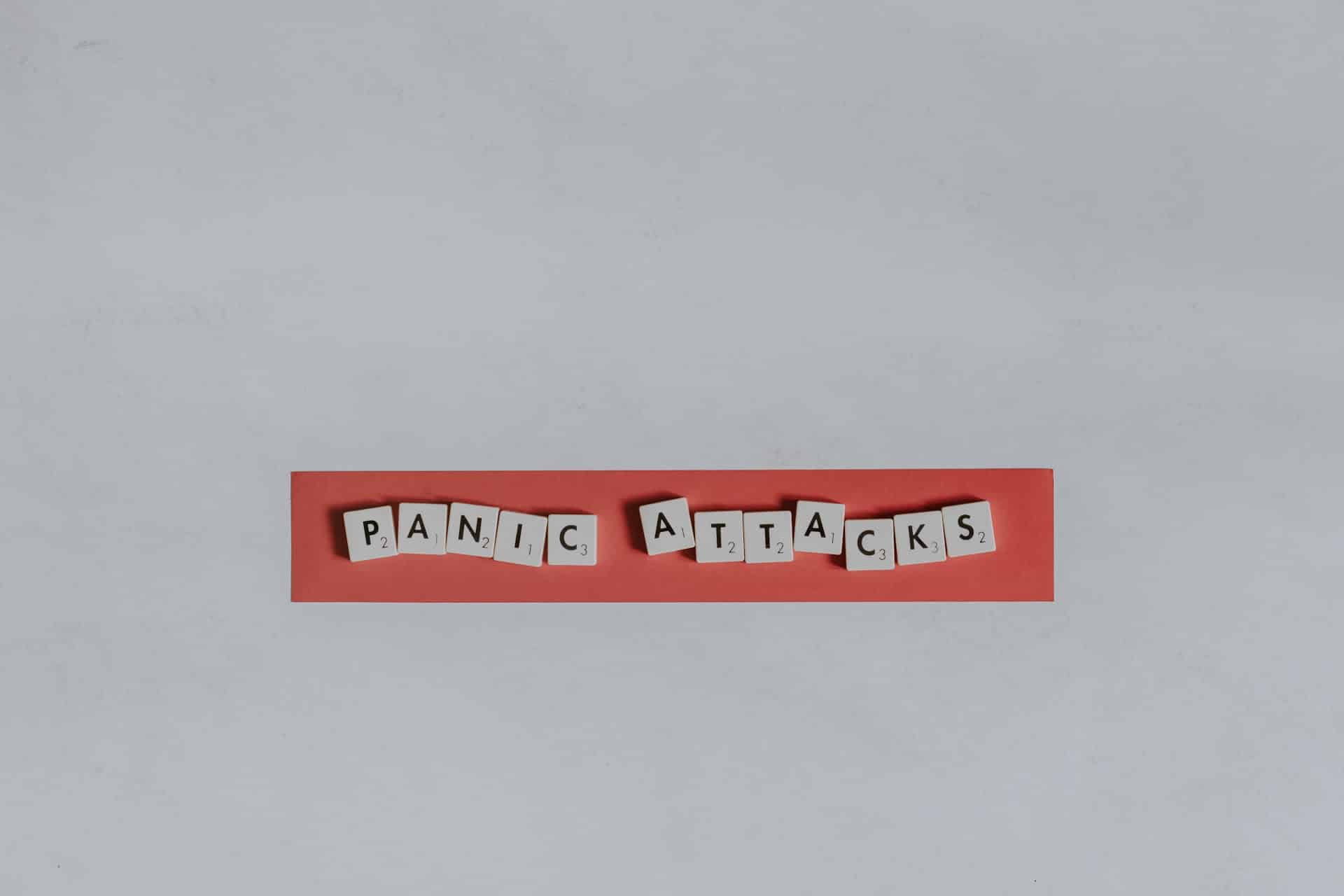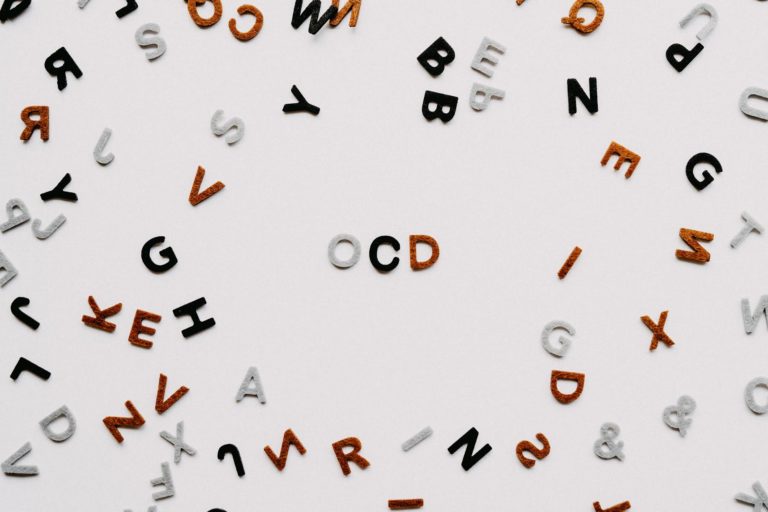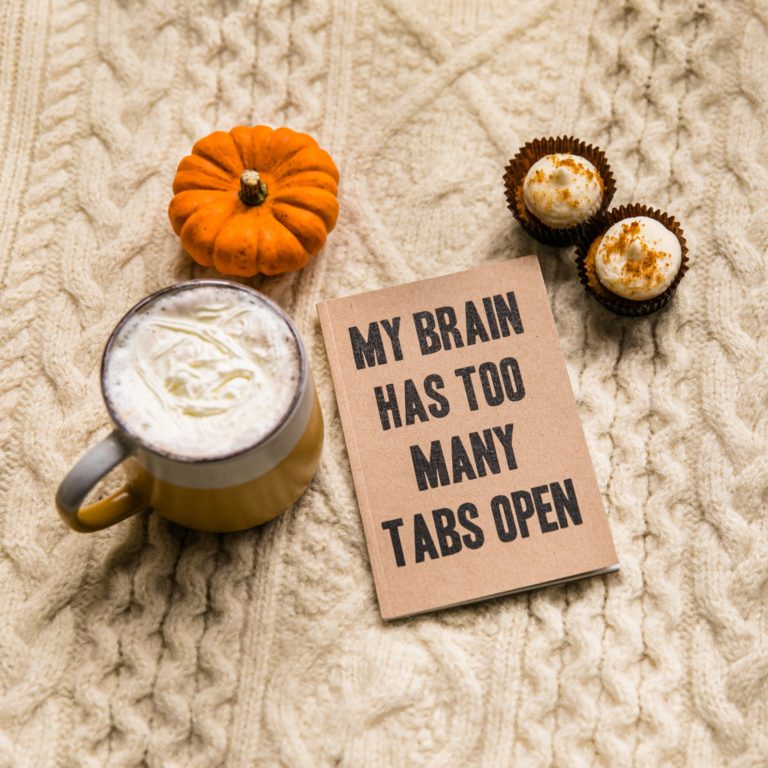Do you suffer from a panic disorder? Panic disorder is a type of anxiety disorder. Panic disorders are when you experience intense fear out of nowhere that increases your heart rate and makes it difficult to breath. When experiencing panic attacks it can increase our anxiety, which increases the chances of another panic attack. Psychotherapy has been shown to treat anxiety disorders. EMDR or (eye movement desensitization and reprocessing) has been shown to reduce the amount and frequency of symptoms of panic disorders.
EMDR is considered a non-traditional psychotherapy. It allows clients to explore their feelings, thoughts, and beliefs surrounding their anxiety to better understand and manage panic attacks and disorders. EMDR allows for safe and non-verbal exploration of feelings and memories.
It can help us learn mindfulness, which helps us calm our minds in order to manage our panic disorders. It can also help us to rewire the brain so that when we experience similar situations or previous panic attacks, we do not feel the same fight or flight responses. The goal is to teach our brain that not all of these experiences or situations are dangerous.

Symptoms of panic attacks
- Shortness of breath
- Feeling outside of your body
- Racing heart rate
- Feeling sweaty or overheated
- Light headedness
EMDR process for panic attacks
- Identify background stressors
- Identify and process the first panic attack that occurred
- Processing the worst panic attack
- Identifying current triggers
- Identifying unhealed trauma that may cause triggers
- Process through physical symptoms of panic attacks
Reasons why EMDR is beneficial for panic disorders
- EMDR can help locate and process fears
This helps to desensitize our fears so that we feel more in control. This process helps change the way we think, creating self-control.
- EMDR allows us to move forward with the disorder with confidence
It provides great benefits to the mind and body connections. It not only addresses our initial behaviors and beliefs but allows us to completely reprogram our thinking. This allows us the control to set and achieve our goals surrounding our disorder.
- EMDR connects the mind, body, and soul for complete healing
Our mind greatly influences our body, our emotions, as well as our spiritual well-being. EMDR helps us gain control of these connections, making it easier to identify and process trauma, anxiety, and any other potentially harmful emotions.

- EMDR is not a talk therapy but uses the clients eye movements to follow the therapist’s hand
This movement helps us to explore new thoughts and process memories that are traumatic or upsetting. This helps us shift the tone of our thoughts.
- Helps create less triggers from emotional memories
When we are able to identify and manage our triggers, this can help us to feel less fear and panic. This process helps us in times of panic so that we may overcome panic disorders. This helps with less frequent or harsh panic attacks.
- Helps us create more control over fear and emotions
Our fear and emotions are what holds us back and creates this stuck feeling when experiencing stress, anxiety, or trauma. EMDR can help us create more control over our emotions and how we think or address conflict associated with panic disorders. It also gives us the skills to manage the effects of anxiety and fear.
Not everyone’s anxiety or panic disorders are the same. One type of therapy may work for others but not you and that is okay. Be mindful of what therapies might be beneficial to you and reach out to a trained professional for help. Panic disorders are not easy to manage alone, so seek help from others through this process.
EMDR is a great tool for those who may have a hard time with talk therapy or just need help identifying what is causing their panic attacks so that they can overcome and move past the trauma and/or triggers.




